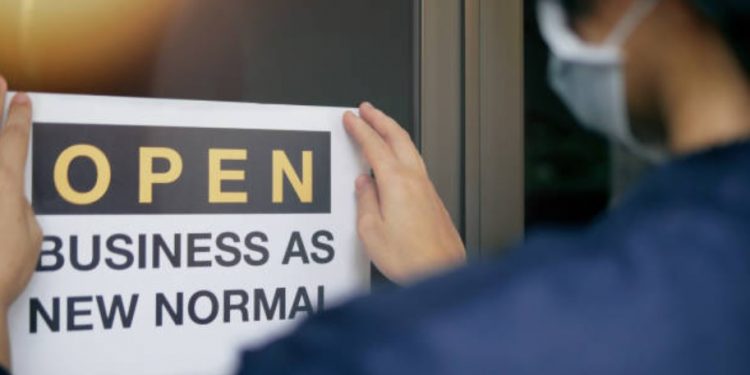It should go without saying that the last couple of years have been rather eventful. And since the rise of the COVID-19 pandemic, just about everything around the world has changed a great deal.
But the pandemic has also ushered in a lot of changes that not many people were expecting, and you can see these repercussions across multiple industries today as they’ve come up with innovative ways to stay in business and protect employees from the virus.
In fact, not one industry can say that the pandemic didn’t affect operations in some way, whether large or small. But it’s been through innovation and creativity that those directly affected have been able to continue with business as usual and thrive amid a worldwide pandemic.
This post will explore how the pandemic has changed a few industries and how they’ve coped with these changes.
Healthcare
Of all industries directly impacted by the pandemic, those in the healthcare industry were the most affected. And the results of this have caused some interesting changes within the healthcare industry.
If you’re looking for a job as a physician today, chances are you’re not going to have to look for too long. And this is because the pandemic has placed increasing demand on the entire healthcare system across the country and across the world. Resultantly, positions across medical fields have been created and are available for browsing on medical job boards.
At the same time, the pandemic has driven many veteran healthcare workers away from traditional medical settings such as in hospitals, and these individuals have found employment in more passive healthcare settings such as in small clinics and healthcare administration or consultations.
Additionally, the pandemic has caused a surge in telemedicine where a patient can be diagnosed and treated remotely for certain ailments. And this has proven to be a great tool to reduce direct contact with other COVID-19 patients.
Food & Beverage
The hospitality industry, specifically concerning the food & beverage sector, is the largest employment industry in the country. This being composed of large chains, fast food restaurants, and stand-alone bars, and privately owned restaurants, all employ a staggering amount of workers across the country.
During the onset of the pandemic, this industry took a direct hit. And as a result, several small operations were forced to close their doors.
But some restaurant and bar owners took a creative approach and began rethinking their service. In fact, some establishments began food delivery services. Or they offered take-out only or patio dining only. But now that the pandemic has somewhat subsided, restaurant and bar owners are taking steps to ensure the safety of their employees and their customers.
For example, some establishments are requiring vaccines for all workers. And others are requiring proof of vaccination in order to enter the building and use company services, a practice that is popular in Los Angeles and many other communities across the country.
Real Estate
Another industry that took a major hit was the real estate sector. Where in years prior, you were able to view a home in person before deciding whether or not to buy, once the pandemic hit and regulations shut down the country, viewing homes in person wasn’t an option.
In order to combat this, many real estate companies and even apartment homes began a remote touring process. By using the latest technology, a prospective homebuyer could view a property from the safety and comfort of a remote location.
And this practice has continued to this day, allowing buyers who aren’t available to view homes in person to have a personalized tour.
Though the real estate market took a financial hit during the pandemic, the market has bounced back strongly with above average home prices that are at all-time highs across the country.
The pandemic may have changed a lot across the country and across the world. But all of these changes haven’t been negative. In fact, some might argue that the pandemic made some industries stronger and smarter.















































